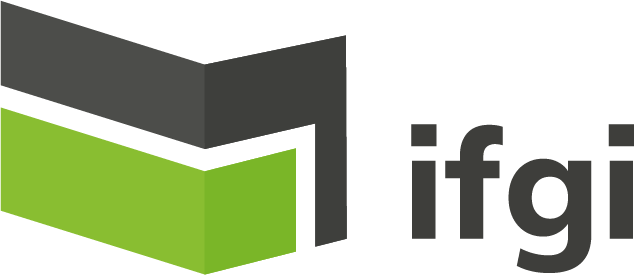Spatial Data Science across Languages (SDSL)
18-19 September, 2023, Münster, Germany



Goals
Spatial data science is concerned with finding answers to spatial questions on the basis of available data, and communicating that effort. Scripting languages are often used for this to make the act of communication easier. Currently, the dominant scripting languages are Python, Julia and R (in no particular order).
Differences between the APIs and implementations found in the three languages may come from the differences between the associated communities, the history and the goals of the language involved, but also from a lack of communication between the communities. Commonalities include the reuse by all three languages of existing C++ components like the OSGEO libraries GDAL, PROJ and GEOS, or other libraries such as s2geometry or h3.
This first Workshop on Spatial Data Science across Languages (SDSL) will look at differences and commonalities in the approaches taken by the different languages. Particular topics that will be addressed include but may not be limited to
- Vector data cubes
- Vector data encodings (WKB, geoarrow/geoparquet, CF conventions)
- Spherical geometry
- Packaging with complex dependencies like GDAL/PROJ/GEOS/…
- Large data cubes, APIs
- Interoperability and file formats
- Aligning teaching materials across languages, see e.g.
- Community dynamics: openness, DEI, retirement, …
The goal of the workshop is to attract maximally 30 on-site attendees to discuss these issues, and plan for future collaborations.
Venue
The workshop will be held Sept 18 & 19, 2023, at the Institute for Geoinformatics of the University of Münster.
The address is:
Heisenbergstrasse 2
48149 Münster, GermanyRoom number: 242 (second floor, right - NE corner)
Program committee
Local committee
- Yomna Eid
- Edzer Pebesma
Program
- social event: informal workshop dinner Mon Sept 18, 19:00 (included)
Registration
Please apply before Aug 7 UTC for on-site participation by filling in this form. Applying does not guarantee acceptance; when too many people apply the organizers will have to make a selection. When you applied, you will receive a notification by Aug 11 about whether your application was accepted (with instructions for paying the registration fee), or rejected due to capacity constraints.
Registration fees for on-site participation:
- 150 euro (industry)
- 75 euro (academic)
- 25 euro (student)
On-line attendence
On-line attendence will be possible and realized through a regular zoom session (no webinar). Only one room mic + camera installation will be available per session room. Sessions will take place 9:00 - 17:00 CEST. On-line participation is free of charge.
Program
| Day/time | topic |
|---|---|
| Mon, Sep 18 | |
| 9:00-10:30 | Introduction round (30 mins), scope, workshop program and goals, outcomes |
| 10:30-11:00 | Coffee/tea (ground floor) |
| 11:00-12:30 | Vector data formats, incl geoarrow/geoparquet |
| 12:30-13:30 | Lunch break (ground floor) |
| 13:30-15:00 | Handling geodetic coordinates, handling coordinate reference systems; plotting; what is assumed when no CRS is specified? 1 |
| 15:00-15:30 | Discrete global grids; datacubes, pyramids, geozarr |
| 15:30-16:00 | Coffee/tea |
| 16:00-17:00 | (ctd.) Discrete global grids; datacubes, pyramids, geozarr |
| 19:00 | Informal dinner (included) at Brasserie (map) |
| Tue, Sep 19 | |
| 9:00-10:30 | Extracting attributes from polygons at point locations: attribute-geometry relationship, spatially extensive/intensive variables, area-weighted interpolation, OGR field domain and merge & split rules |
| 10:30-11:00 | Coffee/tea |
| 11:00-12:30 | Packaging (GDAL/GEOS/PROJ/ … upstream dependencies) |
| 12:30-13:30 | Lunch break |
| 13:30-15:30 | Educational resources, multi-language resources 1, 2 and case studies 3; Community: user vs. developer community, community management and building, retirement/evolution, diversity and equity |
| 15:30-16:00 | Coffee/tea |
| 16:00-17:00 | Statistical models: neighbourhood lists, spatial weights, covariance functions; future joint activities; closing |


